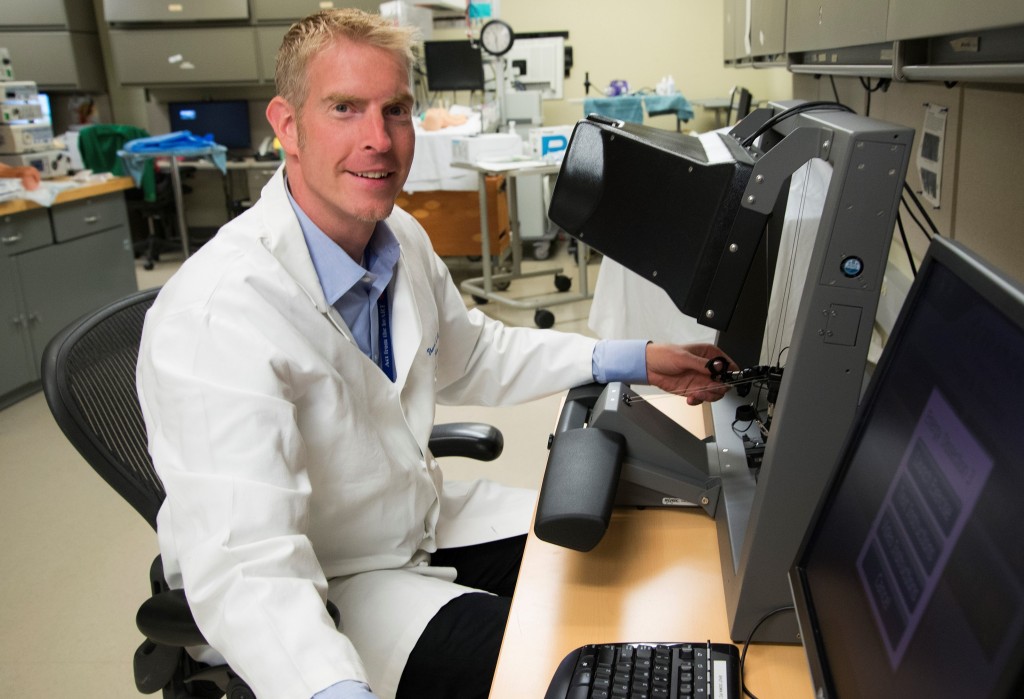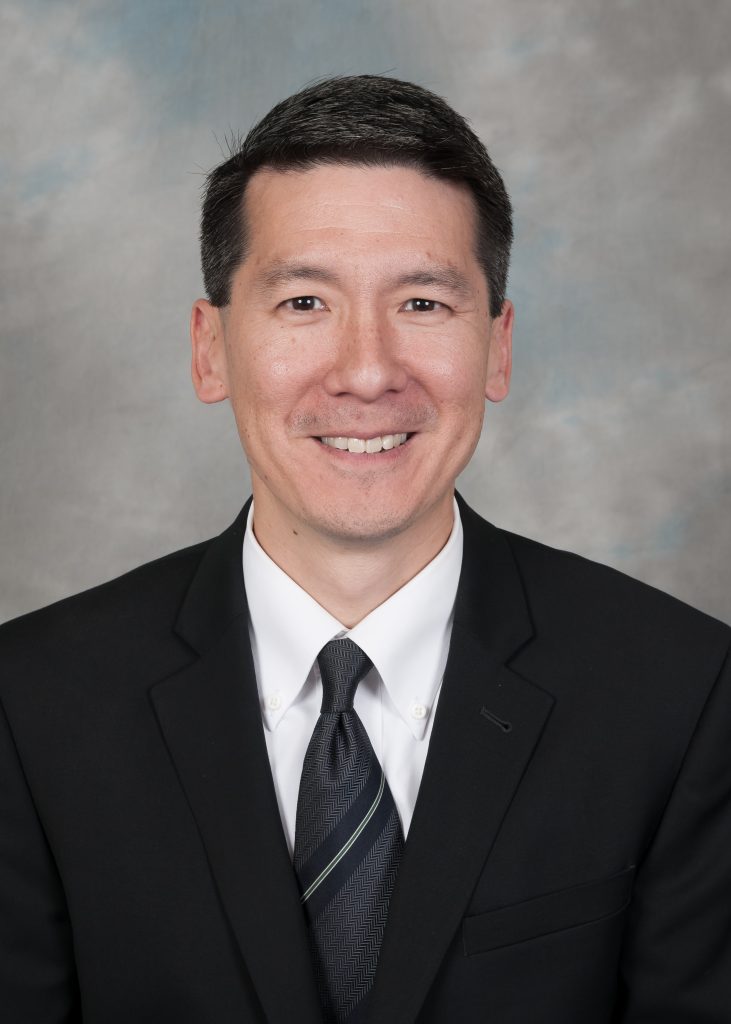UW Urology Leads COVID-19 Research with Grant Funding Award

The ramifications of COVID-19 on our families, communities and medical staff has been nothing short of extreme and as the virus continues to infect patients across the globe, medical researchers search for novel solutions. In collaboration with Dr. James Chen, Dr. Thomas Lendvay has secured funding from Amazon to study solutions for safely cleaning N95 masks.
The sheer number of patients has caused a national crisis in medical hospitals as the supply of Personal Protection Equipment (PPE) and N95 masks dwindles, forcing the Occupational Safety and Health Administration (OSHA) to change their guidelines to allow medical staff to reuse masks that were formally deemed single use. Being forced to reuse masks not only puts patients at risk, but those who provide their care.
For many scrambling to figure out how to safely reuse PPE the current standard is using substances like bleach, alcohol, vaporized hydrogen peroxide, and other irritants which are known to cause respiratory issues. While these methods might work for specialty hospitals, it is not a sufficient method of prevention and puts healthcare professionals at risk.
That’s why Department of Urology Pediatric Urology Fellowship Director Doctor Thomas Lendvay teamed up with neurosurgeon and oncology researcher, Dr. James Chen to find a viable solution to safely cleaning PPE’s and N95 masks for those who so desperately need to use them.
Dr. Lendvay has worked with Amazon in the past on novel solutions for real problems and received funding for a study proposing to explore the use of Methylene Blue in safely killing viruses and bacteria.
“We are testing whether Methylene Blue plus regular light can kill virus on N95 masks and PPE so that we can provide healthcare workers with a better and safer solution for reusing their gear,” said Dr. Lendvay. “Because methylene blue and light are widely available and inexpensive, we believe that this solution can scale to nations around the globe with fewer resources and where support for healthcare workers is scarce.”
Methylene Blue is a chemical which is readily available even in developing countries that is used as a sterilization for blood plasma transfusion and is also a , topical method of sanitization once it encounters blue light or sunlight.
This method, if proven to work, has huge advantages. Beyond keeping those using it safe, it is also very cheap and is their theory tests the hypothesis that this is the only known solution with the ability to actively kill the virus whereas other methods do not protect from future exposure.
Dr. Lendvay’s theory is that if the dye is on a mask which comes in to contact with droplets, the light in the hospital will stimulate it to kill anything on the mask. To test, his team has created a protocol of imbedding Illumination of Methylene Blue in equipment to disinfection, essentially asking the question, can it kill the virus while sitting on the mask.
In partnership with the Centers of Disease Control and Prevention and the World Health Organization COVID 19 taskforce, University of Washington HIV research teams and Seattle Children’s Hospital are redirecting their efforts to ramp up testing this method.
Dr. Lendvay’s lab at Seattle Childrens Hospital is pioneering this experimental design in order to tell other labs what method works best. This will help save time finding a solution for dissemination to other labs and will ultimately bring relief to healthcare workers around the world.
“Our lab at SCH is going to test the methylene blue hypothesis and taskforce wants to hone the experimental design to tell other labs the one that works best, rather than three different types of light or solutions, then they give that to other labs and test,” said Dr. Lendvay. He continued to say that he is , “Very fortunate and honored to be able to work alongside members of the CDC and WHO and great investigators around the world to try and solve this problem of getting enough PPE gear safely in to the hands of healthcare workers.”





